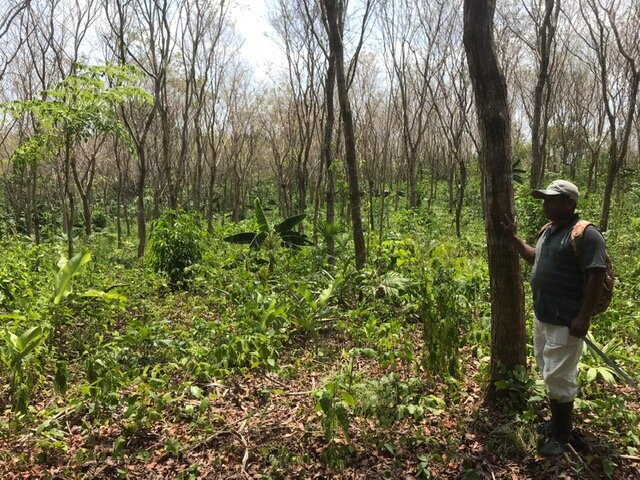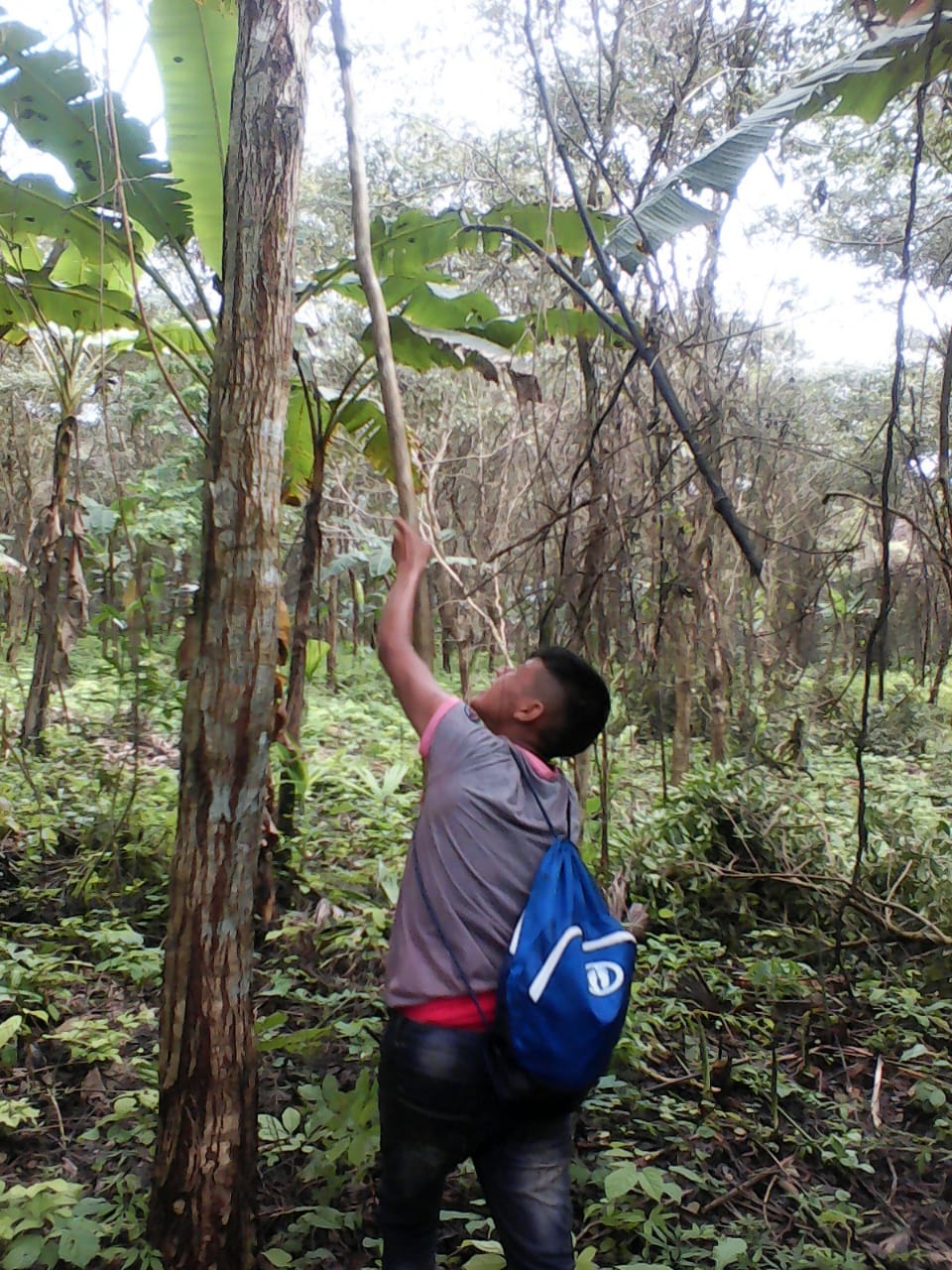Panama's Alliance for 1 Million Plan and What the Forestry Law Needs
/Embera women weave baskets in Arimae
Last week ANCON (Panama’s Association for the Conservation of Nature), the Panama Association for Reforestation (ANARAP), and the Panama Chamber of Commerce, Industry & Agriculture (CCIAP) announced a 20-year project called the "Alliance for One Million".
The vision of the project is to reforest or afforest one million hectares of forest in Panama, strengthening Panama's forest sector, helping the country meet its CO2 emission goals, and helping to meet the goals laid out in Panama's National Forestry plan.
Realizing the plan will involve the challenging coordination of a number of different actors--the new Panamanian government, NGOs, investors, and project developers, etc.--and Panama doesn't have a culture of forest preservation, so we'll see if the plan, or parts of it, actually get implemented.
Still, the project moves Panama towards updating its national forestry law to offer better incentives to investors and forestry project developers to invest in Panama. Possible updates could include changes to Law 24, enacted in 1992 to encourage foreign investment in the Panama forest sector. Reducing the minimum investment from $80,000 would encourage more ex-pat investment in forestry.
We’d also like to see recognition of the role of indigenous communities in preserving forest cover and policies that provide assistance to them in that endeavour. One of those could be increasing the staff that investigates and prosecutes illegal logging in Indigenous territories. The titling of Indigenous collective lands should also be supported and accelerated.
One of the largest challenges for reforestation is the long tenure of plantations and lack of long term financing. Ecuador instructed its agriculture bank to provide long term concessionary debt financing to reforestation projects that does not require repayment until year 20 of a project. A similar type of financing could be provided through Panama’s Agriculture Development Bank and would facilitate the flow of capital into the sector.
Finally, Panama suffers a from a paucity of forestry professionals. Increased financial aid to tertiary education to increase the amount of forestry professionals is needed in order to ensure that reforestation is financially sustainable.




